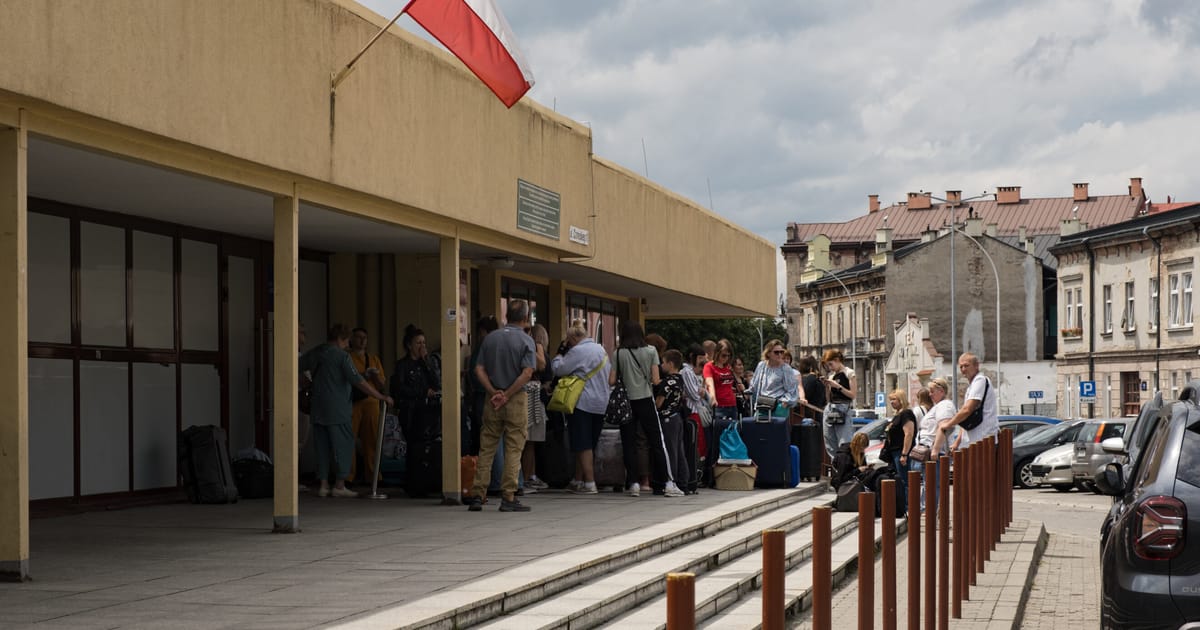“We have no interest in young Ukrainian men spending their time in Germany instead of defending their country,” Jürgen Hardt, a senior foreign policy lawmaker from Merz’s conservatives, told POLITICO on Tuesday. “Ukraine makes its own decisions, but the recent change in the law has led to a trend of emigration that we must address.”
Poland’s far-right Confederation party went further, saying in a statement: “Poland cannot continue to be a refuge for thousands of men who should be defending their own country, while burdening Polish taxpayers with the costs of their desertion.”
Ukrainian arrivals in both countries have increased significantly following the relaxation of Ukrainian exit rules over the summer — a move that ironically was intended to alleviate military recruitment issues by making it easier for young men to come and go.
Nearly 45,300 Ukrainian men between 18 and 22 years of age crossed the border to Poland from the beginning of 2025 until the loosening of exit restrictions at the end of August, according to numbers the Polish border guard sent to POLITICO. In the next two months that number soared to 98,500, or 1,600 per day.
And many of the newcomers appear to have kept moving west: The number of young Ukrainian men aged 18 to 22 entering Germany rose from 19 per week in mid-August to between 1,400 and 1,800 per week in October, according to German media reports citing numbers from the German interior ministry.
New rules
Ukrainian President Volodymyr Zelenskyy loosened the exit rules for men who aren’t yet eligible for military service, which begins at 25, at the end of August. Previously, men between the ages of 18 and 60 weren’t allowed to leave the country; under the new regulations, men aged between 18 and 22 can leave and return without risking prosecution.
